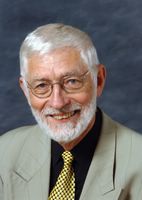
Visiting Tirana in Albania for 3 days, I experienced the historic moment when this small and poor country applied for the EU candidate status on the 28th of April. As my reason for being in Tirana was related to the preparation for an EU accession, I was also pleased that the Stabilisation and accession agreement between Albania and the EU from 2006 now had entered into force by 1 April 2009. To work with the very dedicated staff of DPS, which already is an Affiliate of the European standards organizations CEN and CENELEC, was extremely rewarding.
Most of us usually have prejudgments about Tirana as a capital of a former communist dictatorship. Gray coulors, depressed faces, disorder, violence, crime, etc. Then go there! Today Tirana is giving an impression to be colourful, green, warm and nice. Not everywhere, but at least to give you a very optimistic feeling. This transformation within less than 10 years are mainly the work lead by the Mayor of Tirana, Edi Rama. When he, as an artist and rap artist, was elected the year 2000, 36 years old, he made a change. Long before Barak Obama. Put colour on the facades of the grey houses, planted trees, removed illegial contructions on municipal land, added street light and opened closed city areas for all people. Now you can walk freely on boulevards, sit down at outside cafés, or stroll in the green parks. To see a documentary on the Albanian Wonder Boy, look at You Tube
